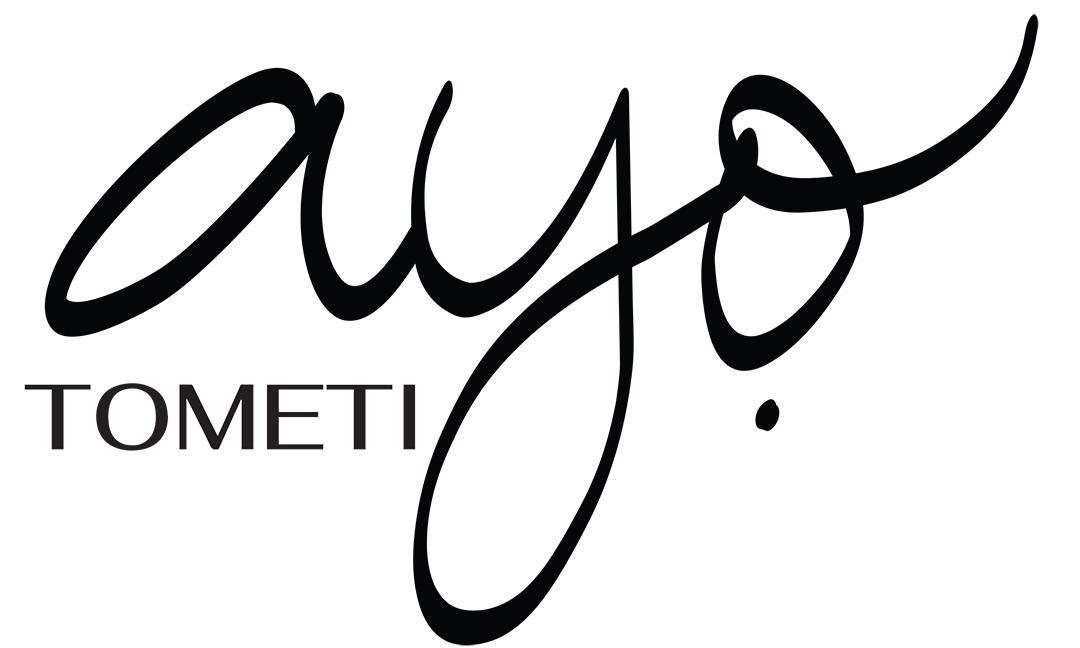Opal Tometi and Tiffany Pham have created powerful online communities aimed at improving people’s lives. Here’s what they’ve learned.
Black Lives Matter was born out of a Facebook post by cofounder Alicia Garza in the response to the 2013 acquittal of George Zimmerman for the murder of 17-year-old Trayvon Martin. From Garza’s post, cofounder Patrisse Cullors created and shared the now famous hashtag #BlackLivesMatter. When Tometi saw that hashtag, she immediately contacted Garza to say she was buying the domain name and creating a Facebook page around those three words.
Pham is also trying to connect communities with similar interests. She is using Mogul, a social media platform she created, to connect women around the world to information, products, jobs, and online courses. Her goal, she says, is to democratize information for women worldwide by enabling users to connect, share information, and access knowledge from each other. Pham wanted to create a platform where women would feel comfortable contributing, sharing, and editing content because, she says, men dominate sites such as Reddit and Wikipedia.
 Both Tometi and Pham spoke to Fast Company as part of a 36-hour bicoastal pop-up conference PowerTrip, which brought together 200 women leaders in tech, media, fashion, and policy in New York and San Francisco. Here Tometi and Pham discuss challenges and lessons learned and offer advice for others creating online communities.
Both Tometi and Pham spoke to Fast Company as part of a 36-hour bicoastal pop-up conference PowerTrip, which brought together 200 women leaders in tech, media, fashion, and policy in New York and San Francisco. Here Tometi and Pham discuss challenges and lessons learned and offer advice for others creating online communities.
MANAGING QUICK GROWTH
Black Lives Matter and Mogul both grew quickly, creating challenges for their founders. Tometi is quick to point out that she and her other two cofounders are not the group’s leaders. Black Lives Matter has 34 chapters across the country and in Toronto, she says.
“Our leadership is the people on the ground,” Tometi says. “We looked back at our history books and looked to our elders who shared with us lessons about what happens to organizations when all the decisions are made by one or two or three people. If something happens to them, the organization is defunct.”
 Pham launched Mogul from her bedroom in 2014 and says she planned to continue working out of her house for at least two years. Instead the platform had 1 million users its first week, and Pham needed to quickly build an internal infrastructure to support the platform and its users. She hired her first employee after five months. Today Mogul has a team of 20, is consumed and accessed by 18 million women ages 18 to 34 per week, and accessed every day in 196 countries and 30,470 cities.
Pham launched Mogul from her bedroom in 2014 and says she planned to continue working out of her house for at least two years. Instead the platform had 1 million users its first week, and Pham needed to quickly build an internal infrastructure to support the platform and its users. She hired her first employee after five months. Today Mogul has a team of 20, is consumed and accessed by 18 million women ages 18 to 34 per week, and accessed every day in 196 countries and 30,470 cities.
INVESTING IN YOUR COMMUNITY
Mogul and Black Lives Matter are both investing in the audiences they reach. Black Lives Matter is committed to developing and supporting new leaders and chapters in its movement, Tometi says, because the people in the communities know what issues Black Lives Matter should be engaged with to help create change.
Meanwhile, Mogul is using its platform to provide access to education. As part of its business model, Mogul integrated online courses throughout its platform and is working with international organizations to provide these courses to those who don’t have access to education. To date, she says, Mogul has provided 1 million free courses.
TAKING THE LONG VIEW
Tometi anticipates that Black Lives Matter movement will be need to be sustained for many years, so one of her priorities is taking care of herself and others. “We have to take care of our health and well-being,” Tometi says, “because so much of what we’re fighting against has to do with the trauma of violence.”
Pham says she started to develop what is now Mogul when she was 14 years old as a tribute to her grandmother who provided access to information throughout Asia. Her advice to others is to be resilient and move past people who say no. “You will hear so many no’s over and over,” she says, “but you will come to realize that they are ‘not right nows,’ and eventually they will become yes.”
